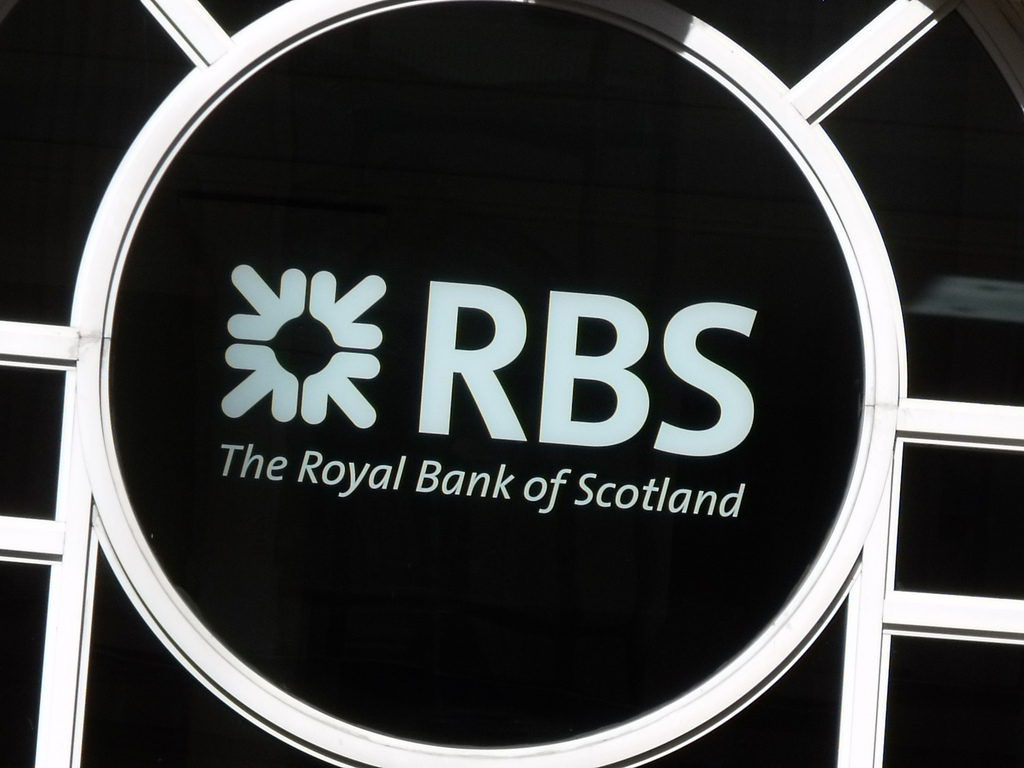European regulators first ordered RBS to sell its subsidiaries in 2013. This move was supposed to help the state-supported bank, which is also a largest lender of small businesses, get rid of unfair advantage. The sale was one of conditions for allocation a financial aid package in the amount of 45.5 billion pounds ($ 55.87 billion) during the financial crisis.
RBS has spent more than 1.5 billion pounds and seven years trying to spin off its subsidiaries into separate companies under the brand Williams & Glyn. However, the institution then faced problems associated with separation of IT-structures.
Now, the British finance minister Philip Hammond insist that RBS has to be released from the obligation to sell the branches in exchange for about 750 million pounds ($ 931.73 million) to help increase competition in the banking system.
To make this plan work, the European Union must approve changes to the bailout plan for RBS. The British government and the European Commission claim that they have held constructive talks on the issue.
Huffington Post, meanwhile, reports that the four largest UK banks may face a "black hole" of losses of up to 60 billion pounds (about 100 billion dollars). According to Mervyn King of Bank of England, the potential losses will worsen "health of banks" and may require restructuring.
In particular, banks such as Royal Bank of Scotland, Lloyds, Barclays and HSBC are threatened with a loss of 5 to 35 billion pounds as a result of changes in regulatory standards. 15 billion will have to be reserved for losses on consumer loans and bonds of the Eurozone countries, and another 4-10 billion - to pay compensation to clients and penalties.
At that, Mervyn King stressed that the taxpayers' money will not be used to help the banks. In 2008-2009, we recall, the Government has taken extraordinary measures to support the banking sector. The state allocated hundreds of billions of pounds, and ultimately has become the largest shareholder in RBS and Lloyds.
Head of the Bank of England said that the market has lost confidence in the largest British banks, which "misinformed" investors in many transactions and manipulated key interest rates of the financial market, in particular, the LIBOR rate.
At the same time, King noticed that the banks’ problems can still be solved, firstly by recapitalization and sale of assets. According to him, the market is well aware of this fact.
Barclays bank has already attracted about 1.8 billion pounds of capital. Lloyds is expected to sell its stake in St James's Place management company, and RBS is going to get rid of its American subsidiary Citizens.
source: reuters.com, huffingtonpost.com
RBS has spent more than 1.5 billion pounds and seven years trying to spin off its subsidiaries into separate companies under the brand Williams & Glyn. However, the institution then faced problems associated with separation of IT-structures.
Now, the British finance minister Philip Hammond insist that RBS has to be released from the obligation to sell the branches in exchange for about 750 million pounds ($ 931.73 million) to help increase competition in the banking system.
To make this plan work, the European Union must approve changes to the bailout plan for RBS. The British government and the European Commission claim that they have held constructive talks on the issue.
Huffington Post, meanwhile, reports that the four largest UK banks may face a "black hole" of losses of up to 60 billion pounds (about 100 billion dollars). According to Mervyn King of Bank of England, the potential losses will worsen "health of banks" and may require restructuring.
In particular, banks such as Royal Bank of Scotland, Lloyds, Barclays and HSBC are threatened with a loss of 5 to 35 billion pounds as a result of changes in regulatory standards. 15 billion will have to be reserved for losses on consumer loans and bonds of the Eurozone countries, and another 4-10 billion - to pay compensation to clients and penalties.
At that, Mervyn King stressed that the taxpayers' money will not be used to help the banks. In 2008-2009, we recall, the Government has taken extraordinary measures to support the banking sector. The state allocated hundreds of billions of pounds, and ultimately has become the largest shareholder in RBS and Lloyds.
Head of the Bank of England said that the market has lost confidence in the largest British banks, which "misinformed" investors in many transactions and manipulated key interest rates of the financial market, in particular, the LIBOR rate.
At the same time, King noticed that the banks’ problems can still be solved, firstly by recapitalization and sale of assets. According to him, the market is well aware of this fact.
Barclays bank has already attracted about 1.8 billion pounds of capital. Lloyds is expected to sell its stake in St James's Place management company, and RBS is going to get rid of its American subsidiary Citizens.
source: reuters.com, huffingtonpost.com





